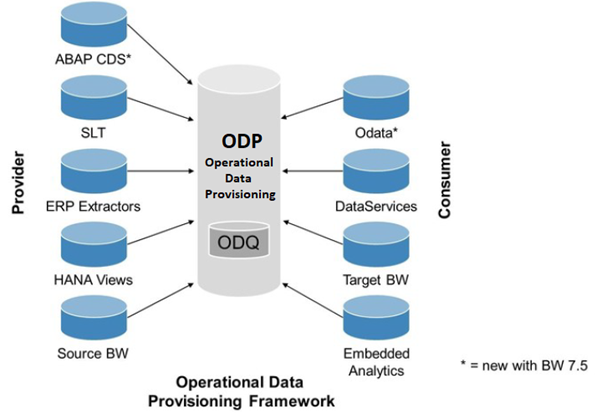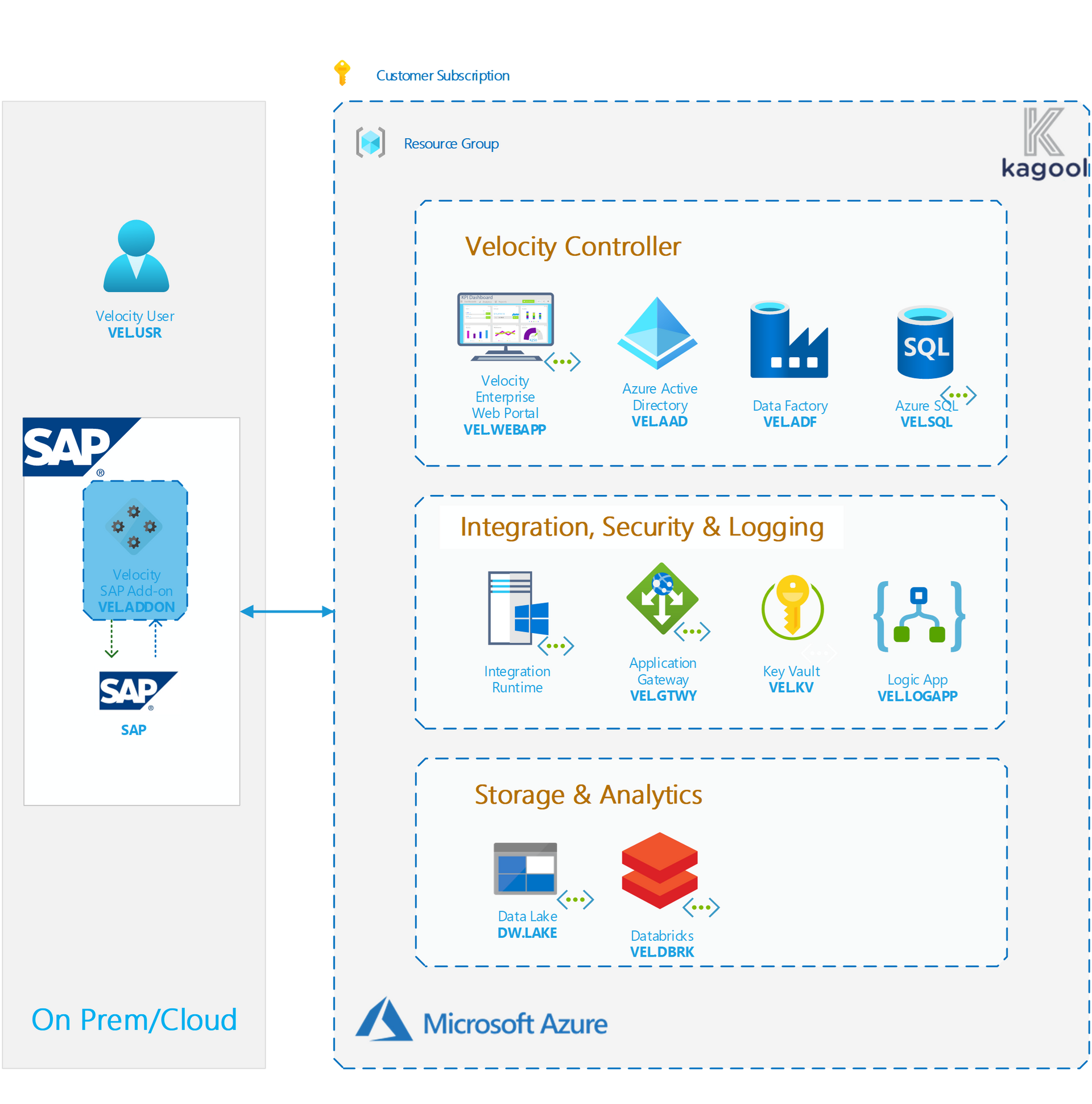SAP Compliant Data Extraction, Before and After SAP's Latest Guidance on ODP RFC Prohibition
By Ramesh Mandal

In a recent update SAP OSS Note 3255746, SAP has announced a ban on using Operational Data Provisioning (ODP) RFCs for data extraction from ABAP sources, except for internal SAP applications. This blog delves into alternative solutions such as non-ODP based replication and SAP OData Services for data extraction purposes. Discover how Kagool Velocity not only safeguards you from SAP limitation but also streamlines near real-time SAP data ELT processes with Azure.
SAP recently published an update to its Partner Solution Certification rules, introducing a new section titled '2.10 Forbidden SAP Technologies.' According to the new rules, partners MUST NOT use the following technologies to move data out of SAP :
- SLT Replication Server
- ODP API
- Master Data Integration ABAP Adapter
- SAP HANA log-based replication
- SAP Database Trigger
The implication of this update is significant: currently certified extraction tools will lose their certification upon their next renewal, posing a serious risk to customer production pipelines.
Understanding the SAP ODP Framework:
SAP ODP framework serves as a critical component in the data extraction process from SAP source systems, providing organisations with a unified, flexible, and scalable solution for accessing and integrating data into their analytics, reporting, and decision-making workflows. Its support for real-time and batch extraction, change data capture, and integration with data replication tools make it an indispensable tool for organisations leveraging SAP technologies for their data management needs.

Figure 1: Operational Data Provisioning (ODP) Overview
(Source: blog.sap.com)
What are the limitations with SAP announcement?
Summary of SAP OSS Note (3255746 - Unpermitted usage of ODP Data Replication APIs Component: BC-BW-ODP (Operational Data Provisioning (ODP) and Delta Queue (ODQ)), Version: 4, Released On: 02.02.2024)
- Usage Restriction: SAP explicitly prohibits using RFC modules of the ODP Data Replication API by customers or third-party applications for accessing SAP ABAP sources. These modules are intended solely for internal SAP applications and may not be utilised by external entities.
- Modifiability by SAP: SAP reserves the right to modify these RFC modules without prior notice. This implies that any changes made by SAP could affect their functionality or compatibility with customer or third-party applications.
- Technical Measures and Auditing: SAP retains the right to implement technical measures to restrict and audit the unauthorised use of RFC modules of the ODP Data Replication API. This indicates that SAP may take proactive steps to enforce compliance with its usage policies and monitor for any violations.
- Customer Responsibility for Issues:
Any problems experienced or caused by customers or third-party applications using these RFC modules are solely the customer's responsibility. SAP explicitly states that it is not accountable for resolving such issues, placing the burden of troubleshooting and resolution on the customer or the third-party application provider.
What is Velocity Product and how does it circumvent the restrictions imposed by SAP?
Velocity is SAP-certified and a Microsoft-recommended tool designed to extract SAP data from cloud platforms.
Velocity stands out with differentiating factors:
- Velocity uses the ODATA service to send requests for data extraction from SAP.
- It does not rely on OData to address data transfer throughput for high-volume data between SAP and Azure. Instead, it uses our purpose-built IP, which sits in SAP and leverages native functionality to move data.
- As a result, Velocity continues to comply with SAP's recommended use of ODATA services and is performant by applying innovation for high-volume data transfer.

Figure 2: Velocity Architecture
How does it aid in addressing the restriction?
- Velocity is an SAP-Certified product.
- Velocity uses several methods to extract the data.
- The Velocity code is developed within the Kagool proprietary product namespace, ensuring its independence from any internal alterations made to SAP RFC.
- Velocity integration is based on the approved pattern of 'SAP OData'.


